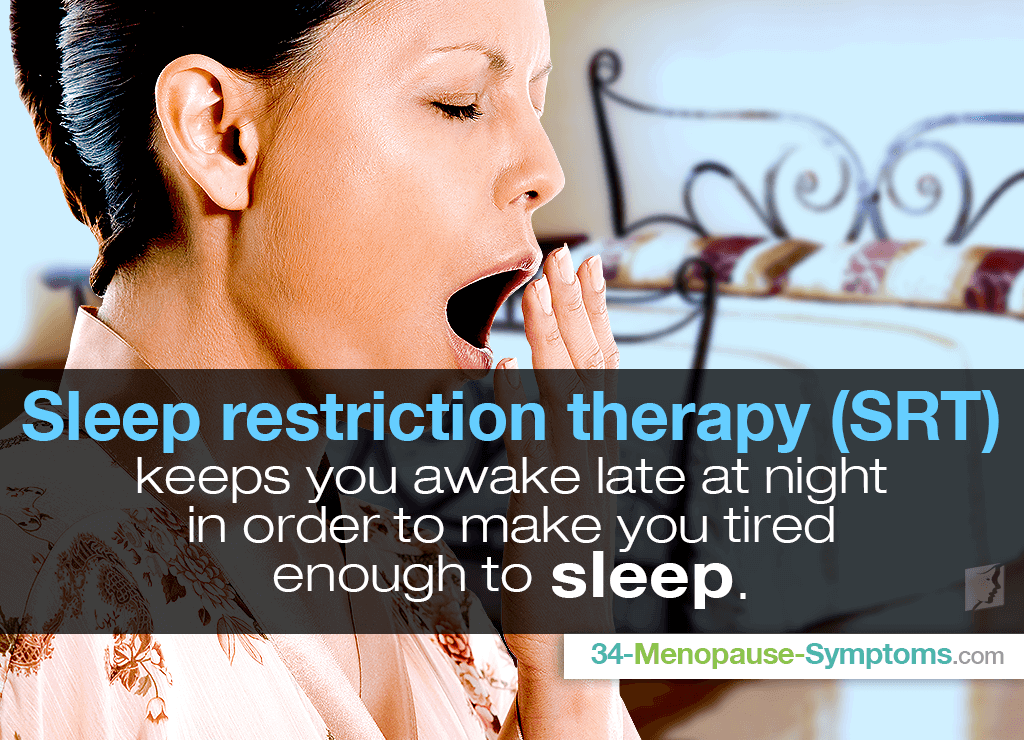The most common type of sleep therapy, for insomnia as well as a few other sleep disorders, is cognitive behavioral therapy (CBT). It is most frequently used for insomnia, since many other sleep disorders - like narcolepsy and sleep apnea - are caused by physical medical conditions. CBT can be split into two categories: the cognitive techniques and the behavioral techniques.
Cognitive Techniques
The cognitive part of CBT focuses on changing negative beliefs and thoughts. In insomnia therapy, this can mean working to change beliefs such as the idea that you will never be able to sleep normally, or the negative predictions that you may make when preparing for bed. Simply training yourself to challenge these thoughts by using evidence in your life can have a significant impact on your ability to sleep.
Cognitive techniques can also involve education. You may learn about how sleep is important for the body, how exercise and other habits can influence sleep, and other information about normal sleeping patterns.
Behavioral Techniques
When addressing the behavior of insomnia, therapy usually tries to train the body to sleep. There are a few different methods used to do this, and often two or more of these methods can be used together to obtain the greatest effect.
Sleep restriction therapy (SRT)
This is a type of therapy that keeps you spending less time in bed lying awake. It does this by eliminating naps and keeping you awake later at night in order to make you tired enough to sleep. This creates an association between your bed and sleep in your brain, making it easier for you to sleep in your bed.
In stimulus control therapy, you and your therapist work on eliminating bad habits that contribute to bad sleeping patterns, like spending a lot of time in bed on the computer or doing work.
Relaxation training
This can help you to learn how to relax your body in order to relieve tension you may feel about sleeping and prepare your body for rest. There are several different types of relaxation that can be practiced, but the most common are meditation, deep breathing, and progressive muscle relaxation.
Improving your sleep environment
This can also be useful by changing some things about your bedroom that may be keeping you awake. Examples are eliminating light and noise sources or removing distractions like a TV.
Your therapist will be able to work with you to decide what the best techniques are to help relieve your insomnia or sleep disorder. It is also important for you to practice these sleep therapy techniques at home in order to receive the most benefits from your therapy. To learn if medication might be right for you as well, read about over the counter medicine for sleep.
Sources
- Help Guide. (2017). Therapy for Sleep Disorders. Retrieved May 19, 2017, from https://www.helpguide.org/articles/sleep/therapy-for-sleep-disorders.htm
- Mayo Clinic. (2016). Insomnia treatment: Cognitive behavioral therapy instead of sleeping pills. Mayo Clinic. Retrieved May 19, 2017, from http://www.mayoclinic.org/diseases-conditions/insomnia/in-depth/insomnia-treatment/art-20046677
- National Sleep Foundation. (2017). Cognitive Behavioral Therapy for Insomnia. Retrieved May 19, 2017, from https://sleepfoundation.org/sleep-news/cognitive-behavioral-therapy-insomnia




